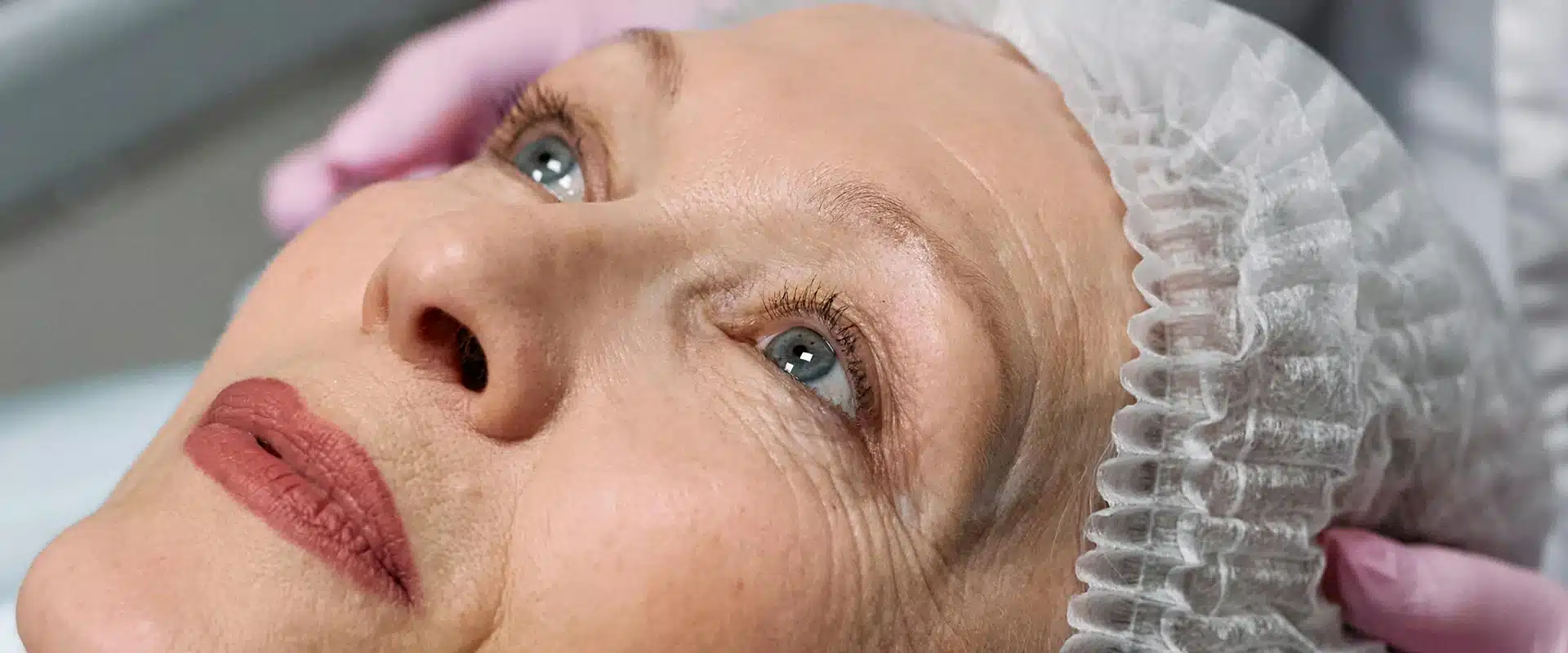Winter can be a beautiful time of year, but its beauty can be overshadowed by harsh weather conditions, particularly the impact of cold climate on your skin. The harsh winter air and dry, hot air from the heaters indoors can leave skin feeling dry, itchy, and cracked, posing a severe risk to older adults, whose skin naturally gets thinner and more delicate over the years. [1]
Why Does Winter Impact Skin Health?
The winters in our country are incredibly harsh, and the air is dry, which causes the moisture already present in the skin’s surface layers to evaporate, leaving the skin dry. Remember, indoors, central heating only adds further insult to the injury. For older adults, who tend to have lower healthy oil levels and a less healthy skin barrier, this can lead to such skin problems [2] such as:
- Cracking and Sensitivity: Dry skin is more susceptible to small tears and irritation.
- Xerosis (Dry Skin): Common in winter characterized by itching and scaling of the skin.
- Eczema or Psoriasis Flare-Ups: The dryness and cold worsen pre-existing conditions.
Practical Tips for Winter Skin Care
- Moisturize Frequently and Wisely: Using the right moisturizer can significantly improve skin hydration during winter. Look for the one having ceramides, hyaluronic acid, or glycerin to strengthen the skin’s barrier function or hydrate it effectively. [3]
- Use a Humidifier: In winters, Indoor heating can cause drying of the air, leading to skin dehydration. Having a humidifier (aiming for humidity level between 30% and 50%) in your living area can help put moisture into the air. [4]
- Limit Hot Showers: Although taking a hot shower in the cold months feels rather soothing, it rids the skin of sebum. So, you should avoid hot water, and your bathing time should be at most 10-15 minutes. Avoid using abrasive soaps or products that contain fragrances, as they dry the skin further. [5]
- Protect Your Skin Outdoors: When stepping outside, wear a mask or cap to cover the face area and the sensitive skin, as cold winds can strip moisture from exposed areas of skin. Additionally, apply sunscreen with an SPF of 30 or higher. Snow can bounce back up to 80% of the sun’s harmful UV rays, leading to sunburn even in winter. [6]
- Stay Hydrated and Eat a Balanced Diet: Healthy skin starts from within. To maintain elasticity and immunity, one must drink plenty of water and consume fish and other foods rich in omega-3 fatty acids, including salmon or walnuts. Fruits and vegetables that contain antioxidants also assist in fighting skin damage. [7]
Caring for Senior Skin in Winter
Seniors are relatively more prone to winter-related skin problems because of decreased collagen production and oil secretion. Here are some additional recommendations tailored to older adults:
- Gentle Cleansing: Choose gentle, chemical-free cleansers that do not strip the skin’s natural oils.
- Hydration Routine: Older individuals should moisturize more frequently, especially after washing or bathing.
- Monitor skin Closely: Dry, itchy skin can sometimes indicate an underlying condition, such as hypothyroidism or diabetes. You should immediately consult your dermatologist if skin problems do not improve or worsen. [8]
Final Thoughts
Winter can harm skin due to cold air, indoor heating, and reduced moisture. Seniors face higher risks like xerosis, eczema, and sensitivity. Essential care tips include moisturizing with ceramides, using humidifiers, avoiding hot showers, wearing protective gear outdoors, and eating omega-3-rich foods. Gentle cleansers and monitoring are vital for elderly skin.
At OnSite Dermatology, we understand the unique challenges that seniors face regarding their skin, and we are committed to providing expert care and advice tailored to their unique needs. We offer essential skin cancer screenings, treatments, and professional medical care without needing transportation, making it convenient and accessible for older adults to maintain healthy skin, especially during winter. Whether you’re looking for personalized recommendations or treatment for a specific skin concern, our team is here to help. For more information or to schedule a consultation, fill in the form below or give us a call on (877) 345-5300.
References
- Winter Skin Care Tips for Older Adults – All Seniors Care
- Can central heating cause health problems?
- Your winter skin survival kit
- Humidifiers: Ease skin and breathing symptoms – Mayo Clinic
- The Role of Moisturizers in Addressing Various Kinds of Dermatitis: A Review – PMC
- Find Your Sun Protection Style! – The Skin Cancer Foundation
- What to do about dry skin in winter – Harvard Health
- Winter Skincare Tips for Older Adults

